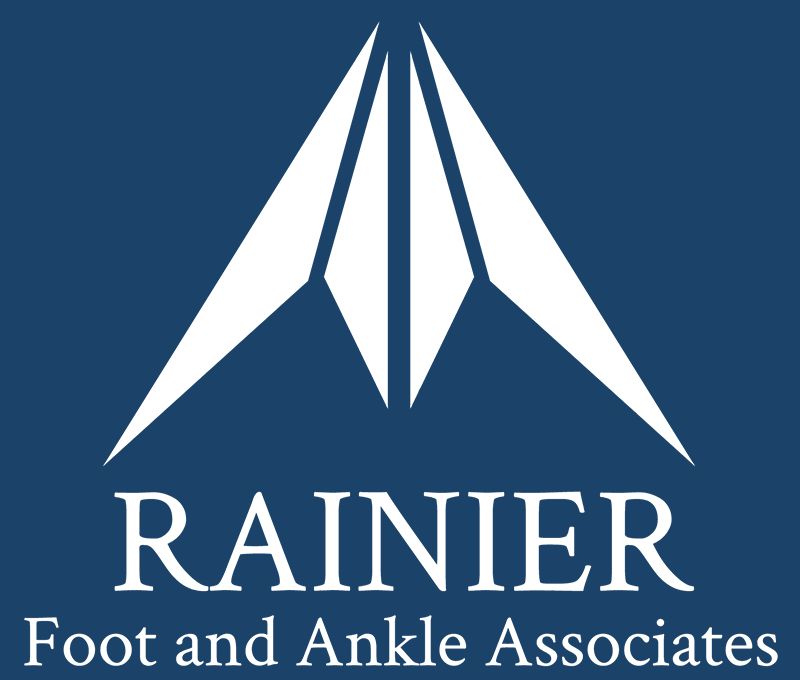FAQs
Rainier Foot and Ankle Associates
What conditions do podiatrists diagnose and treat?
Podiatrists specialize in diagnosing and treating a variety of conditions affecting the feet, ankles, and lower legs. These include bunions, plantar fasciitis, ingrown toenails, fractures, arthritis, and diabetic foot care. At Rainier Foot and Ankle Associates, we offer advanced treatments such as PRP therapy and laser treatments to address foot and ankle injuries and disorders.When should I see a podiatrist?
It's advisable to consult a podiatrist if you experience ongoing foot or ankle pain, notice changes in your feet's appearance, have difficulty walking, or have a condition like diabetes that impacts foot health. Our clinic offers various treatments, including PRP therapy, UltraMIST, and other options to help alleviate pain and address mobility issues.What can I expect during my first visit to a podiatrist?
Your initial podiatry appointment typically involves reviewing your medical history, discussing your symptoms, and conducting a physical examination of your feet and ankles. The podiatrist may also request imaging tests, such as x-rays, for a more comprehensive assessment. Based on the findings, we can recommend appropriate treatments, which may include PRP therapy, laser treatments, or other suitable options.How can I prevent foot problems?
Preventing foot problems involves wearing properly fitted shoes, maintaining good foot hygiene, keeping your feet dry, and regularly inspecting them for any issues, particularly if you have diabetes. If you encounter any foot-related concerns, our specialists can provide assistance through various treatments, including laser therapy, medication, PRP therapy, and other effective solutions.What are the common causes of heel pain?
Heel pain is often attributed to conditions such as plantar fasciitis, heel spurs, Achilles tendonitis, and bursitis. These issues frequently stem from overuse, improper footwear, or biomechanical problems. For those interested in addressing heel pain through natural methods like PRP therapy, we encourage you to contact our office for a consultation.Do I need a referral to see a podiatrist?
The need for a referral to see a podiatrist often depends on your specific insurance plan. We recommend contacting your insurance provider to verify their referral requirements. This is particularly important for advanced treatments such as laser therapy or PRP therapy, where insurance coverage may vary.How are bunions treated?
Bunion treatment typically begins with conservative approaches, including wearing wider shoes, using orthotic devices, and taking anti-inflammatory medications. Severe cases may require surgical intervention. For many foot conditions, non-surgical options like PRP therapy, UltraMIST, medication, or other therapies may be effective. Our specialists can develop a personalized treatment plan for your specific needs.What is diabetic foot care, and why is it important?
Diabetic foot care involves regular check-ups, proper foot hygiene, appropriate footwear, and blood sugar management. This care is crucial because diabetes can lead to nerve damage and poor circulation, increasing the risk of foot ulcers and infections. For those concerned about painful procedures, we offer minimally invasive treatments like PRP therapy, which typically takes about 30 minutes, depending on the treatment area.Can podiatrists treat sports-related injuries as well as other injuries?
Podiatrists are equipped to diagnose and treat various sports-related foot and ankle injuries, including sprains, fractures, and tendonitis. They also provide guidance on injury prevention and rehabilitation. Our practice offers a range of treatments, including therapy, medication, PRP treatments, and other modalities to address pain and promote healing in both sports-related and other types of injuries.What are orthotics, and how can they help?
Orthotics are custom-made shoe inserts designed to correct foot alignment, provide support, and alleviate pain from conditions such as flat feet, high arches, or plantar fasciitis. Our podiatrists can create orthotics tailored to your specific needs. These can complement other treatments like medication, PRP therapy, or other interventions to enhance healing and reduce discomfort.



